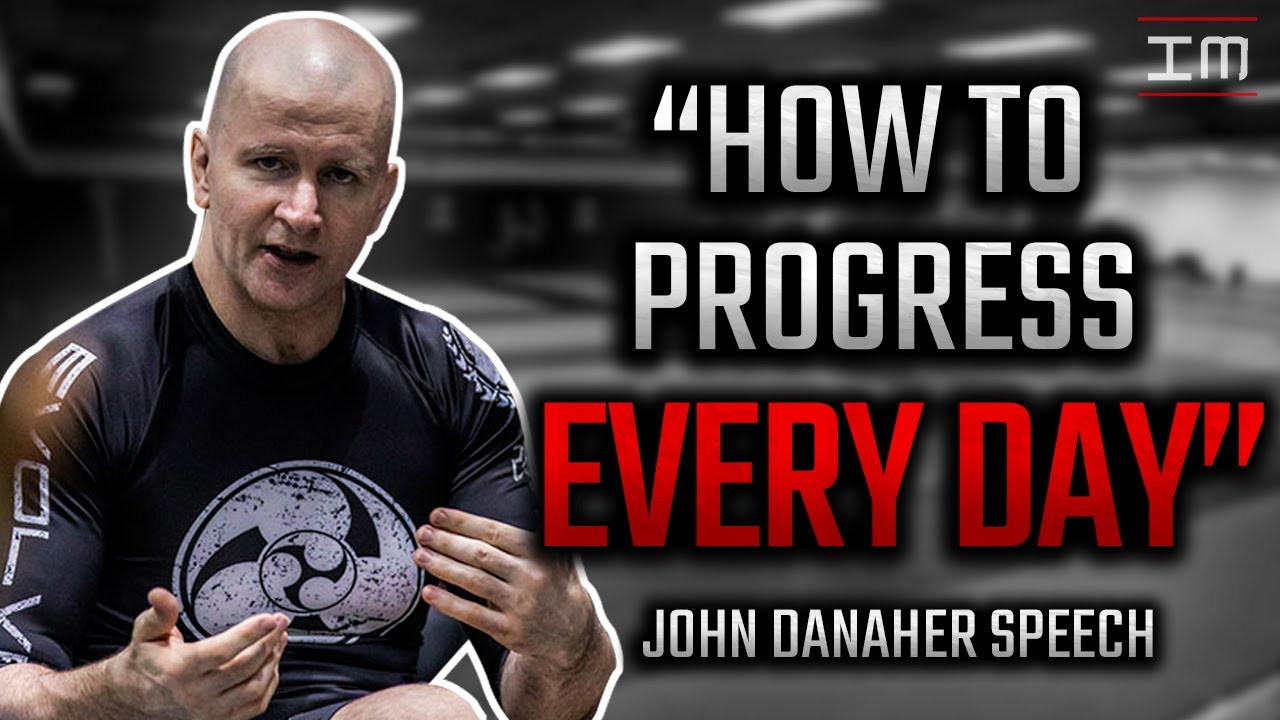MMA Concepts: Learning a skill is a practice in compounding

Learning a skill takes time. To become a world-class musician, you need to dedicate hours to running scales and improving your finger dexterity. To become fluent in another language, you need to really live in a culture where the language is spoken for months or even years. In Japan, even the art of making buckwheat soba noodles requires years of practice before one can consider themselves an expert.

The same is true for jiu-jitsu. While you will definitely see significant growth in your abilities within the first weeks or months of coming to class, true mastery only comes with years of training and gradual improvements. There are no shortcuts and there are no substitutes for hard work.
“Compound Interest is the Eighth Wonder of the World. He who understands it…earnst it. He who doesn’t pays it.” – Albert Einstein.
Marching Towards a Goal
This can sound like a daunting ask. However, this is true of any journey, figurative or not, and focusing on the end point can make any difficult task seem insurmountable—whether you’re hiking up a mountain or learning to play the piano. However, if you break down the process into more manageable steps, it’s just a question of putting one foot in front of the other or performing daily exercises.
“I’m a huge believer in the idea of small progressive movements towards goals,” John Danaher says in the above video. Though Danaher is one of the most well-respected jiu-jitsu coaches in the world, his advice applies to the development of any skill, from learning a martial art to learning an instrument or even a second language. If you want to get better, you need to recognize that training is a marathon, not a sprint, and that a slow and steady pace will not only help with skill development, but it will make the process more manageable, too.
“Most of it works on a pretty mundane level where you just identify goals and you say, “Okay, what is required for me to get to those goals’,” Danaher says.
Life Changing Days
Danaher goes on to note that it’s rare for a day to be so monumental that it changes the course of your life. Your first date with your future spouse or the birth of a child certainly fit this description.
Most days aren’t like this. In fact, most of our days are fairly mundane because they are routine. We wake up, we go to work or school, and we come home. Maybe there are some chores, maybe we meet up with friends, maybe we watch something on television. A few weeks after the fact, we may not remember these kinds of days very well.
According to Danaher, about 95% of our days follow this kind of routine and are similarly unmemorable. They ensure that we can pay our rent or our mortgage or get enough out of school to graduate with a solid GPA.
Living for Today
Living for today is a great slogan for an influencer blog, but in practice it can mean one of two things. The first is fixating on goals that can be quickly accomplished within the day or enjoying the pleasures of the moment without regard for the future. Once they’re done, you forget about them, and then you move on to the next task which has no bearing on whatever it was you just accomplished or experienced. At no point are you really building anything because there’s no larger goal to which you’re contributing.
The second type of goals is similarly small, but it is part of a larger progression. According to Danaher, “Everyone one of these mundane days we have to take one small little gem that happened, it may not be very big, something small, and add that to your performance tomorrow. And if you can do this over 10 years, something truly remarkable can happen.”
Part of living a purposeful life, whether it’s jiu-jitsu or music or art or learning a language or building a meaningful relationship, is recognizing that every experience related to these things is additive. When you practice cooking, learn a new song, or go to an hour-long jiu-jitsu class, you contribute to that larger goal. “When you break down and dissect skills into manageable components and train them at a level where nothing overwhelms you, you can get really good in a comparatively short period of time,” Danaher says. In other words, something that becomes relatively mundane like going to jiu-jitsu class for an hour per day a few times per week or slowly increasing the distance of your morning jog over time can quickly add up to significant results that would have been unthinkable when you started training.
If we make a concerted effort to build one day upon another, Danaher says, even if it’s a very small thing, we can take enough away from those mundane days to achieve something monumental.

